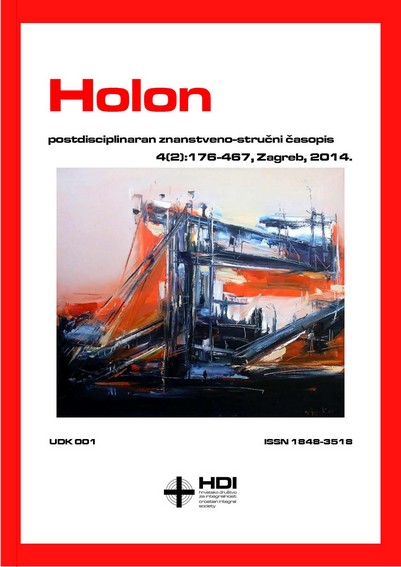


Nakon smrti Michaela Foucaulta 1984. u pedeset osmoj godini na francuskoj intelektualnoj sceni nastala je golema praznina. Nijedan mislilac u novijoj povijesti nije imao takav utjecaj na povijest, filozofiju, književnost i književnu teoriju, društvene znanosti, pa i medicinu. Kao mislilac, Foucault je vodio mnoge provokativne rasprave sa svojim teorijskim prethodnicima – Marxom, Nietzscheom, Freudom, Sartreom – kako bi iznova promislio koncepcije o ljudskom subjektu, marginalnosti, institucionalnosti i političkom u kontekstu odnosa moći.
More...Keywords: power; discipline; individual; resistance; production.
The problem of power was of great importance in Michel Foucault's philosophical work. He parted clearly with the marxist interpretations of power relations, arguing that power is not essentially something that institutions possess and use oppressively against individuals and groups. Consequently, Foucault tries to move the analysis one step beyond viewing power as the plain oppression of the powerless by the powerful, aiming to examine how it operates in day to day interactions between people and institutions. In this sense, the power is more like something that acts and operates in a certain way, it's more a strategy than a possession Foucault sees it as co-extensive with resistance, as a productive factor, because it has positive effects such as the individual's self-making, and because, as a condition of possibility for any relation, it is ubiquitous, being found in any type of relation between the members of society.
More...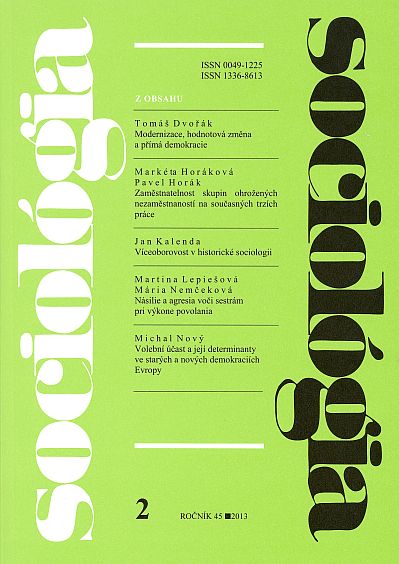
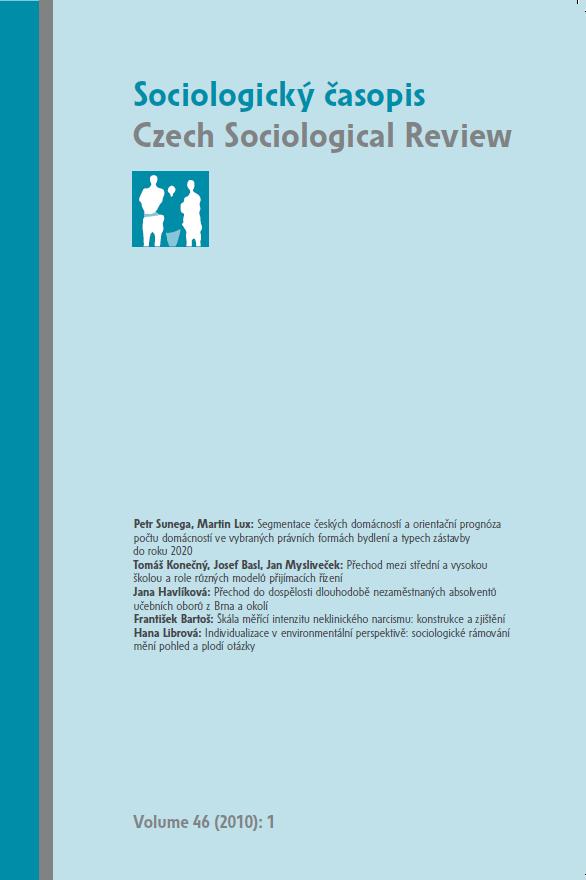
Keywords: Review
Michel Foucault: Zrození biopolitiky. CDK, Brno 2009, 352 s.
More...
Keywords: Foucault; historians; history;
Translation of text "Foucault for Historians" by Jeffrey Weeks.
More...Keywords: Social Work Surveillance; Foucault; Power Relations; Risk; Vulnerability
The philosopher Michel Foucault’s theoretical work provides fertile ground for an analysis of areas of significant concern in researching of social work through his development of the ideas of discourse, power/knowledge, surveillance and governmentality. His development of these concepts allows an insight into the function of policy not always apparent in mainstream and contemporary social policy analysis which has been based on the sociological triumvirate of social class, gender and “race”. In this article, we can explore how and why these conceptual gifts from Foucault are pertinent to understanding how service users are constructed as objects of social work, particularly with respect to contemporary discourses of social welfare and social exclusion. The paper argues that the use of these ideas challenges some of the less obvious assumptions permeating current developments in social policy and social work provision, whilst also enabling an ability to respond more contextually to shifting frameworks of power and knowledge. There is an acknowledgement of power and its potential positive impact on subjective sense of self and social work has a part to play in this. At the same time, the paper concludes with a warning of “risk” and professional surveillance and its restriction in facilitating empowerment of vulnerable groups.
More...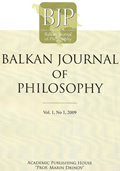
Keywords: human nature; post-structuralism; knowledge; innateness; justice;
Chomsky and Foucault are closer to each other in their views than it is often assumed. This paper focuses on the “Chomsky-Foucault debate”, and in particular on the most philosophical topic discussed in the book, namely the question of whether there is a human nature. This paper argues that the contrast is more one of focus and stress than one of deep philosophical disagreement. This fact is of interest for the present day continentalanalytic debate, given the importance of the two authors for the respective schools of thought. A constructive approach should look for bridges and enhance the dialogue of the two schools; Chomsky and Foucault are excellent authors in this regard, both as role models and as foci of inquiry.
More...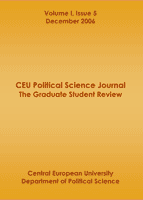
Keywords: Michel Foucault’s vision of freedom;
The article deals with Michel Foucault’s vision of freedom that is shaped by his alternative understanding of power and resistance. Foucault repudiates the modern idea of liberation through truth about the real nature: there is no liberating truth about the “real” situation, essence and good. Truth is not free from power relations, it is embedded in them, in a certain regime of truth. There is a certain truth about freedom, and the latter is not opposed to government; on the contrary, it is its most important resource. Thus, there is no escape from power into freedom.
More...Keywords: Foucault; disciplinary institutions; genealogy; personality; subject; education.
Michel Foucault genealogically inquires the process of the alienation of sovereign personality and the role of disciplinary institutions in it. He focuses attention on the development of these institutions, on their bureaucratic (anonymous) functioning and influence over personality by specific coercive forms and procedures aimed at making a person useful to society as much as possible. In this process, the cooperation of the institutions of knowledge and power is extremely important. They cooperate in giving social and personal identity to man, in transforming the subject into the object and separating it from itself as well as from others. While analyzing these phenomena Foucault exposes the methods by which people, influenced by disciplinary institutions, act on their own bodies, souls, way of thinking and behavior. He underlines that the standardization and socialization of personality is mostly performed in educational, medical and penitentiary institutions. In the opinion of the author, Foucault’s approach to the analysis of person-society relation detects the criteria of „morality“ of governance.
More...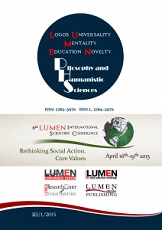
Keywords: Foucault; discourse; statement; event; power/knowledge
Discourse is today a dynamic key concept in various social sciences and humanities disciplines. Most of them relate the notion of discourse to Foucault's earlier works. There are mainly two reasons explaining this phenomenon. Firstly, this is due to the popularity of Michel Foucault and his works. Secondly, the notion of discourse is susceptible to a high degree of conceptual flexibility, that can be used to fill up some explanatory gaps where needed. Because of the diversity of meanings and with it, the confusion which the notion of discourse brings, a first approach aims at locating the technical definition given by Foucault. The second goal is to identify some of the meanings given to this term that refers to Foucault's work. Lastly, a short analysis will follow to determine the relationship between discourse and power/knowledge and what it entails.
More...Keywords: cultural studies; postcolonialism; French (post)structuralism; discourse; avant-garde literature
The paper deals with the influence of Michel Foucault’s theories and concepts about governmentality and power in cultural studies. In doing so, it focuses upon the changing status of literary discourse, as seen by Foucault, in relation to social, political, cultural discourses at large. Inspired by the artistic experience of the former French avant-garde or the contemporary nouveau roman, the French philosopher considered literature, in its purest form, a privileged discourse, which remains extraneous to other discourses of ideas and to modern systems of surveillance and control. On the other hand, cultural studies, although extensively making use of Foucauldian concepts, re-integrate literary texts within transactional circuits of culture and often take them as ground arguments for the analysis of social and political strategies. The study debates upon the varying arguments of the two perspectives on literature and the paradigm shift from (post)structuralism to culturalism determined to a great extent by the respective European and North-American literary and academic contexts.
More...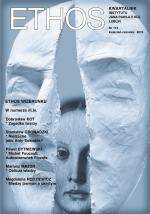
Keywords: Michel Foucault; philosopher’s image; sense of self-discovery; critique; creativity; act of thought
Creation of images of the philosopher by philosophers is one of the oldest ways to problematize philosophy. In depictions of this sort we can find both a concept of philosophizing and a concept of the place which is occupied by philosophy in the intellectual culture, as well as the pattern of its participation in the wider context of the reality of social life. This is why philosophers for various reasons create images of the philosopher and attribute diverse roles to them, both in philosophy and outside it. Thus, they are images-experiences and images of projects, images-criticisms and images confessions, images-thoughts and images-incentives. The answer to the question: ‘What is philosophy?’ intertwines in them with the belief that philosophy should actively participate in life. What is the originality of the Foucault’s problematization of these issues? A consistent answer to this question does not exist, at least there is no answer that would render a single image of Foucault, a philosopher. In Foucault’s writings, as well as in the various statements he made, one may observe intricate strategies of evasion and open battle, the belief that every alien but informative idea is a challenge, a pursuit of ascetic forms of style combined with a penchant for Baroque literary forms à la Jorge Louis Borges or Raymond Roussel. However, even these do not exhaust all the contrasts and complexities characteristic of Foucault’s output. How can an act of thought become a self-discovery? How can an act of writing change one’s way of being? In his answers to these questions Foucault always wants to be a step ahead of his commentators, whether they are his adherents or his opponents. He wishes to grant himself the privilege of being the first authoritative commentator of his own statements and actions. Therefore, in a kind of ‘defensive gesture,’ he fi ghts down the questions directed to the space of his own ‘I’: “Do not ask who I am and do not ask me to remain the same: leave it to our bureaucrats and our police to see that our papers are in order. At least spare us their morality when we write.”
More...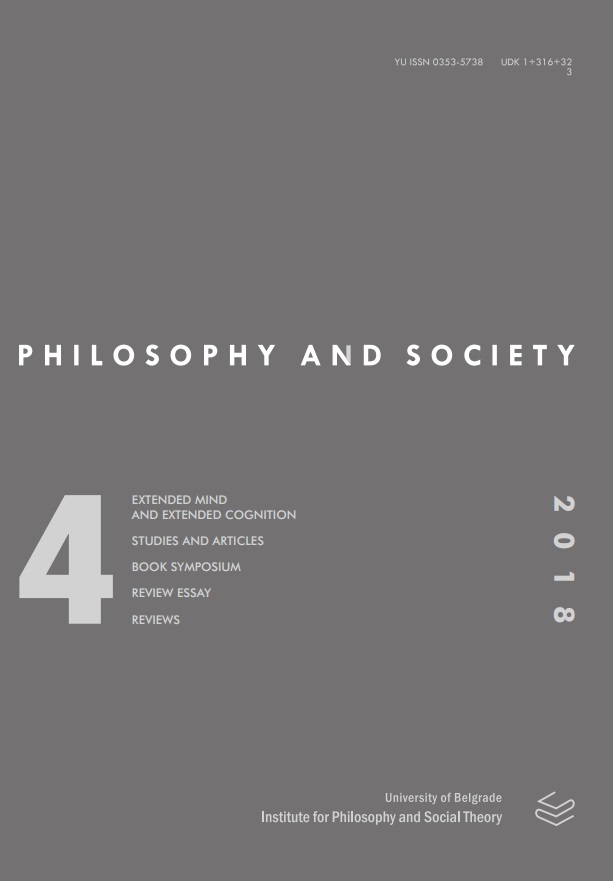
Keywords: subject; knowledge; archaeology; genealogy; problematising; continuity
This paper argues that there is continuity in Foucault’s thought, as opposed to the common division of his work into three phases, each marking a distinct field of research – discourse, power, subject. The idea is that there are no radical turns in his work that justify this division; rather, there is a shift of focus: all crucial concepts are present (more or less [in]explicitly) in all periods of his thought and in all of his undoubtedly differently-toned and oriented works. This is shown through examining the characteristics of archaeology and genealogy, their relation, as well as the relation of discursive practices and strategies of power to knowledge. The retrospective and (re)interpretation intend to shed light on the constant interplay between concepts that demonstrate continuity in Foucault’s thought. The viewpoint, based in the integrity of Foucault’s work, offers a better starting point for understanding certain aspects of his theories.
More...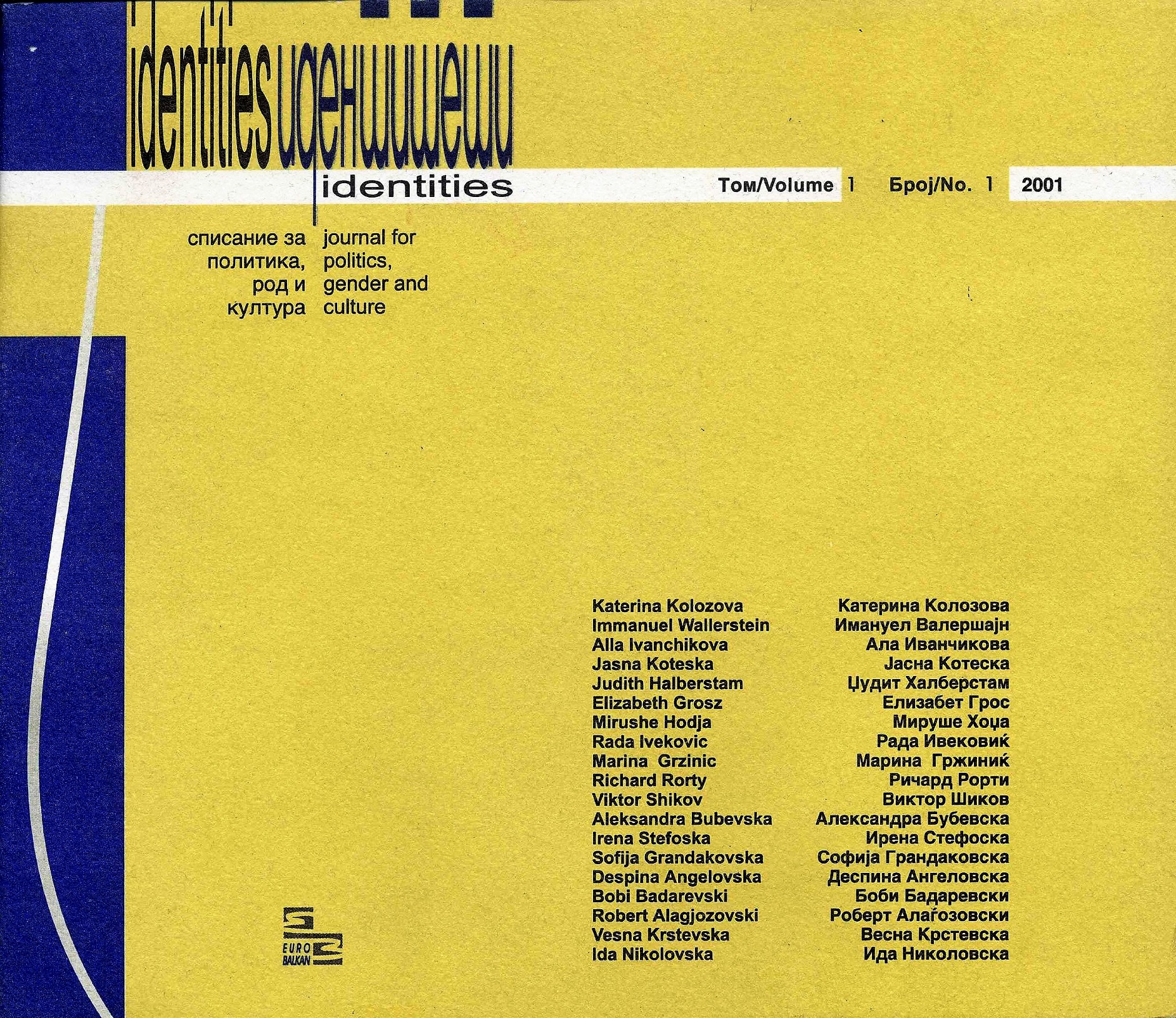
Keywords: Foucault; laughter;heterotopia; order; power;
In my essay I am not going to construct a general theory of laughter in Foucault's works. That would have been a radical and challenging task though, and I slightly regret to have to leave it to some other, more systematic mind. All I have to suggest here is an analytic of several episodes in the body of Foucault's books, essays, interviews, where laughter comes into play. I will try to show the function laughter plays in these episodes without suggesting that this function is necessarily the same. Laughter is not a smile, where at least one could detect its location, - it's a disembodied faceless voice which doesn't stay within its own belongings and tends to traverse them every time we think it's in our hands.
More...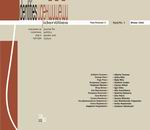
Keywords: book review; Lois McNay;
Review of: Lois McNay, Foucault & Feminism, Northeastern University Press, Boston, 1993.
More...
Keywords: Michel Foucault; Biopolitics; Political philosophy; Political science; State and neo-liberalism;
Review of: Michel Foucault, Rođenje biopolitike, Sandorf & Mizantrop, Zagreb 2016., prevela Maja Vukušić Zorica
More...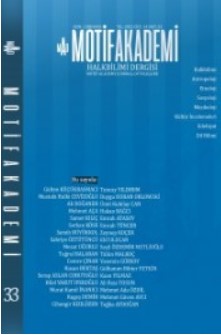
Keywords: Power; subject; discourse; archeology of knowledge; genealogy;
In this article; The basic concepts produced by the French sociologist and philosopher Michel Foucault, the subject, the death of the subject, the self, power, basic types of power (absolute power, disciplinary power, bio-power), punishment, discourse, the archeology of knowledge, genealogy, dispositif, archive and episteme is addressed. In addition, the relationship between power and body, and the relations of power and domination are examined. Within these concepts and evaluations, the contradictions between both his own poststructuralist and his refusal to accept this and his basic views are revealed with his own expressions. With regard to "power", which is one of his most fundamental works, he says on the one hand that power (in other words, institutions of subordination) is not oppressive and domineering; On the other hand, he argues that power has nothing to do with the consent of the society and a consensus. Even the concept of the Great Closure means great domination and the consequent "death of the Subject". It is also not understandable that Foucault, while evaluating political power on a macro scale, confused the issue by bringing it to the concept of "sexual power" and reducing it to the micro level (particular and micro power). Another point of discussion arises in fundamental issues such as "child sexuality", "torture" and "drugs". Although he produced about 550 pages of thought in Words and Things, where he made the archeology of human sciences, he is still undecided about what language is and could not find the answers to these basic questions.
More...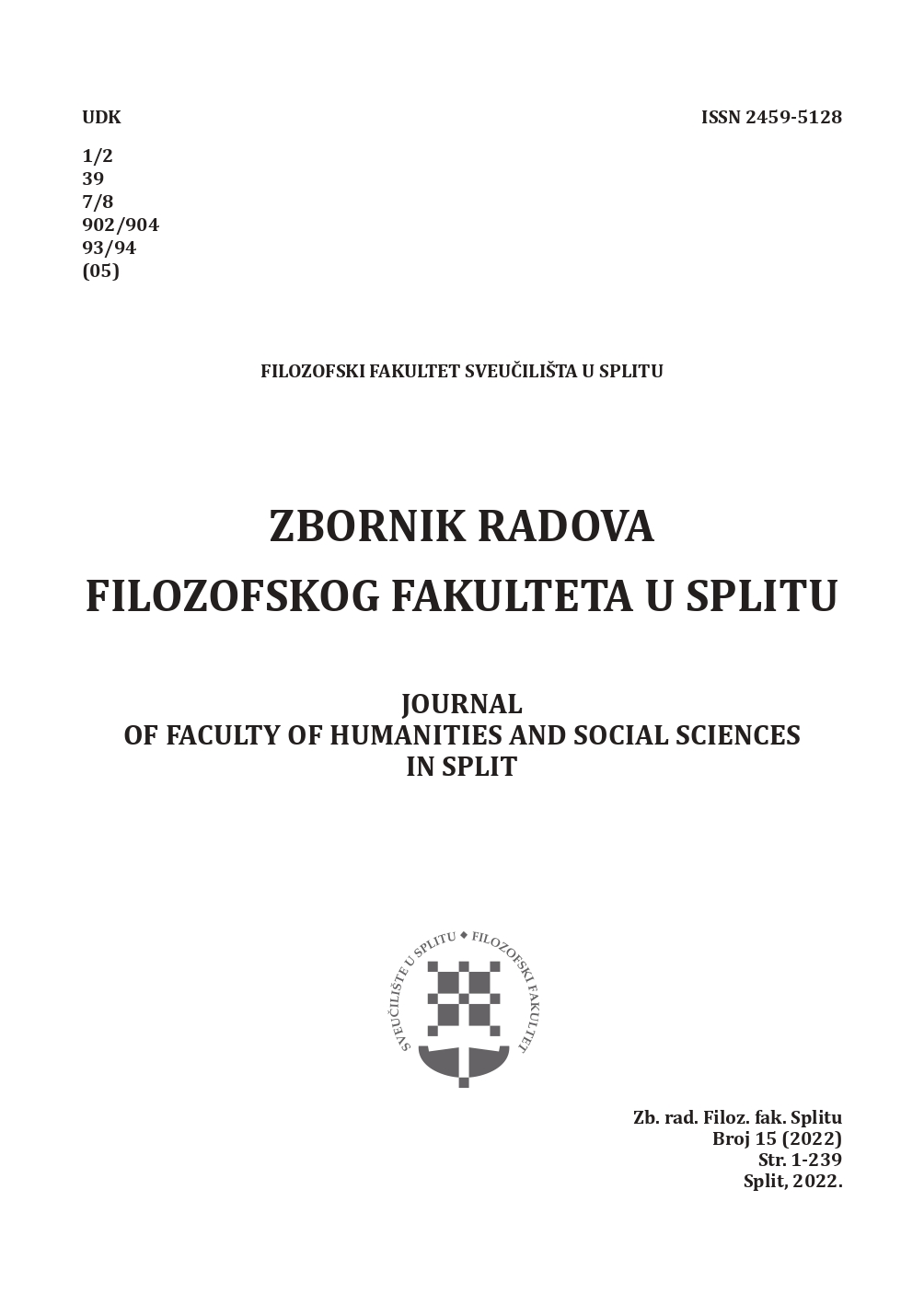
Keywords: History; historians; Michel Foucault; neoliberalism; German “ordoliberalism”;
The paper is suggesting one possible angle for the re-examination of Foucault’s portrayal of the historical role of German neoliberalism in his 1979 lectures entitled Naissance de la biopolitique. This particular season has been the object of the increased interest in recent decades for various reasons. One of the reasons is the broader theme of “biopolitics” developed in them (as well as in the two immediately preceding seasons), which was instrumental in subsequent interpretations and applications even before the 1979 lectures became available integrally. Another reason that has fuelled various interpretations and contentions, that are still ongoing as some recent publications attest, has to do with the general setting and tone of Foucault’s dealings with neoliberalism. Debates that have ensued have mostly been centred on the question of whether or not Foucault embraced certain neoliberal tenets that he was explaining in these lectures. But what is usually overlooked in these debates is the question of the historical accuracy of the impression that emerges from the 1979 lectures about the role that German “ordoliberalism” had after WWII. It is in a way surprising considering that Foucault’s relationship with the “historians’ guild” was strained, interspersed with criticisms and polemics. Some of these critiques are sketchily reproduced here to point at certain repeating weaknesses in Foucault’s dealings with the past. Crucial failing seems to be the concept of the “cut” or discontinuity whose consequence was usually such that Foucault was often forcing great contrasts onto the past. The concluding section proposes, although in a preliminary fashion and through a short comparison, that Foucault might have overstated the role that “ordoliberal” ideas had in Germany during the 1950s and 1960s precisely because he might have accepted the view that some of these ideas were not only the motor of economic and social development, but sort of a “third way” solution.
More...